Coconut Oil For Dandruff: 6 Easy Scalp Remedies
Deep conditioning massages and treatments - learn effective ways to use this oil.
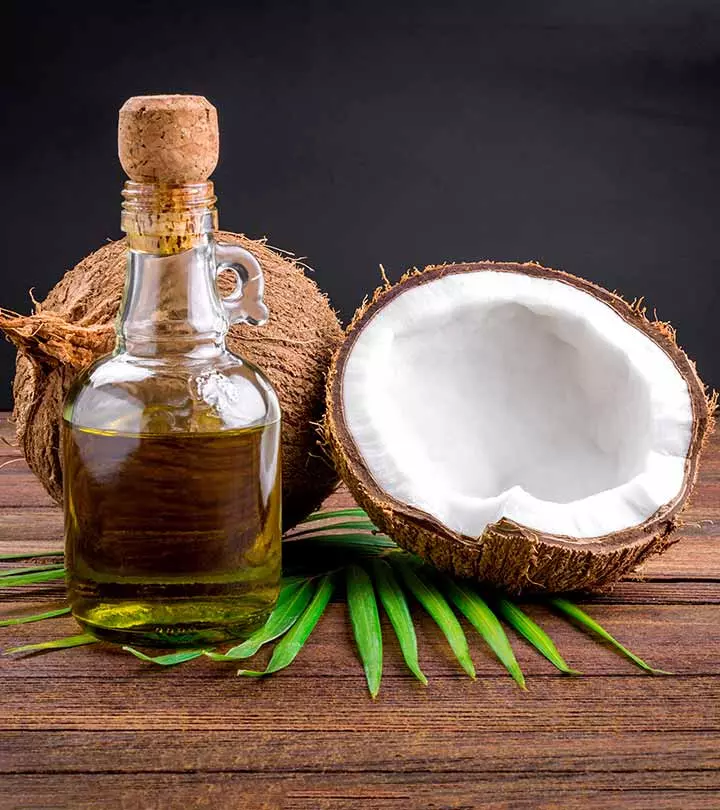
Image: istock
Dandruff, also known as pityriasis capitis, is a prevalent scalp ailment that affects millions worldwide (1). It is caused by an abnormally greasy, dry, or infected scalp and is characterized by the profuse flaking of dead skin from the scalp. However, you can use coconut oil for dandruff control and minimize the symptoms. It is considered one of the best home remedies for mitigating the issue.
If you are wondering, does coconut oil help with dandruff? The answer is yes. It is high in vitamins and essential fats and is obtained from the flesh of coconut fruit. It moisturizes the scalp and removes excess sebum. Its antibacterial characteristics, paired with its penetrative and moisturizing capabilities, make it one of the most effective hair care products. Here, we will learn how to utilize coconut oil to treat dandruff. Keep reading.
In This Article
What Are The Causes Of Dandruff?
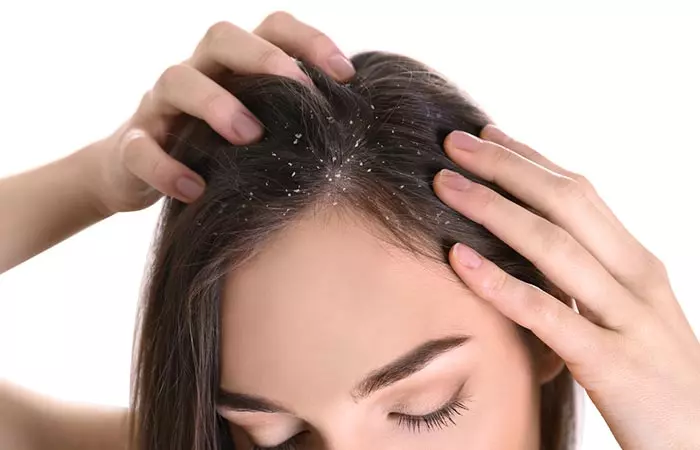
There are many causes of dandruff. A dry environment can push your scalp into overdrive, and the overactive sebaceous glands can produce excessive sebum. Too much sebum buildup tends to clog pores and attract microbes, leading to infections that cause dandruff. Another cause for this condition is sensitivity to the Malassezia fungus.
While it naturally occurs on everybody’s scalp, it causes irritation in some people by growing out of control and feeding on sebum.
Yeast sensitivity, dry skin, poor scalp hygiene, and your diet are also factors that can lead to dandruff. Sometimes, dandruff may also occur due to chronic dermatological conditions like scalp psoriasis and seborrheic dermatitis.
 Did You Know?
Did You Know?Key Takeaways
- Coconut oil may repair damaged hair.
- It may prevent dandruff as it has antimicrobial and antifungal properties.
- Using coconut oil regularly may prevent split ends, improve scalp health and minimize dandruff.
- Massaging coconut oil into the scalp may improve blood circulation and control dandruff.
- The oil can be mixed with natural ingredients like lemon juice, jojoba oil, and rosemary oil for effective results.
Is Coconut Oil Good For Dandruff: What Does Science Say?
Coconut oil is enriched with essential vitamins E and K, proteins, lauric acid, capric acid, etc. It penetrates easily into the hair shafts and scalp and gives a deep moisturizing, hydrating, and conditioning effect (2). Thus, using coconut oil for a dry scalp may help manage the flaking caused by dandruff.
Coconut oil has antimicrobial and antifungal properties (3), (4). These properties can help in reducing and preventing dandruff. Virgin coconut oil can penetrate through the hair shaft and disintegrate the cells of the fungi (5). This can help prevent dandruff altogether.
It also repairs prevents split ends, hair damage, hair loss, and baldness. Coconut oil helps enhance the natural hair color pigment (6). It also acts as a conditioner, keeping your hair moisturized. A dry scalp is one of the factors that cause dandruff. Using coconut oil for dry scalp will moisturize the scalp and keep dandruff at bay.
A study shows that coconut oil can reduce protein loss from hair (2). Protein is mainly what your hair is made of. Reducing the protein loss in your hair will make it strong.
You can simply apply coconut oil to your hair. However, there are other coconut oil topical treatments that can help you reap the maximum benefits of the oil. Follow the instructions below to treat dandruff naturally using coconut oil.
How To Use Coconut Oil For Dandruff
Learning how to get rid of dandruff naturally is definitely an easy way to manage the symptoms associated with the condition. And when we talk about DIY solutions, coconut oil definitely emerges as one of the top choices. It is touted as one of the best home remedies to help you minimize dandruff symptoms. Here is how you can use coconut oil:
1. Deep Conditioning With Coconut Oil
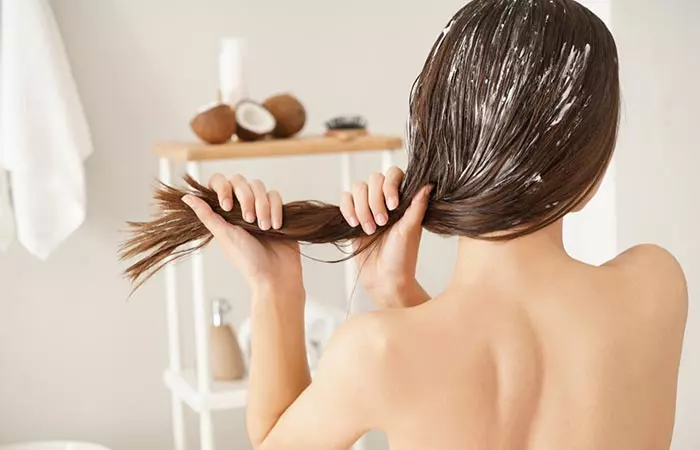
As coconut oil can penetrate the hair shaft, it is one of the best remedies for treating dry, damaged, and over-processed hair. A deep conditioning treatment will moisturize your hair while getting rid of dandruff. Do this at least once a week to control the issue.
Ingredients
- 2-3 tablespoons of coconut oil (depending on the length of your hair)
- Shower cap/Warm towel
- A wide-toothed comb
Procedure
- Wash your hair with shampoo. Do not condition.
- Using a wide-toothed comb, section your hair while it is still slightly damp. Rub some coconut oil in between your palms and start applying it to your hair.
- Make sure that you cover your scalp and all of your hair, from the roots to the tips.
- Put your hair up and cover it with a shower cap or wrap it in a warm towel (you can warm the towel up with a blow dryer). The warm atmosphere inside the shower cap or towel will allow for maximum penetration.
- Let it sit for at least 30 minutes. You could also leave the oil in overnight and wash it off in the morning to nourish your dry scalp.
- Wash your hair well with shampoo and ensure that there is no residue of the oil left behind.
Note
: Consistency is the key when using this remedy. Use it once every week for at least a month to notice significant results.
2. Hot Oil Massage With Coconut Oil

Dandruff flakes can form when the scalp is too dry. Massaging your hair with coconut oil not only distributes the oil evenly but also moisturizes the scalp and helps improve blood circulation as well (7). These effects, in turn, help reduce dandruff. The massage will also purge any oil or dirt build-up.
Ingredients
2-3 tablespoons of coconut oil (depending on the length of your hair).
Procedure
- Heat the coconut oil on the stove. Do not make it too hot; you should be able to touch it after you heat it.
- Dip your fingers in the oil and use them to massage it into your dry and itchy scalp.
- Massage your scalp for 10-15 minutes until you have covered every part.
- Use the leftover oil to coat your hair.
- Let it sit for 30 minutes and then wash it off with a good shampoo.
3. Coconut Oil And Lemon Juice
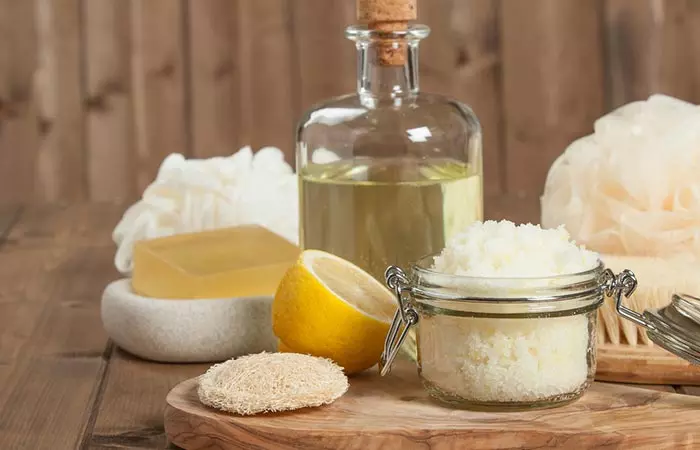
The scalp has a pH level of 5.5, while hair has an acidic pH level of 3.46, and it must be maintained to keep your scalp and hair nourished (8),(9). Shampoos and conditioners contain ingredients that can increase your pH level, which can cause scalp infections like dandruff.
The citric acid in lemon juice can help maintain the pH level of hair (8). The vitamin C in lemon has antioxidant properties, which can help protect the scalp from infections (10). This, in combination with coconut oil, is a great solution for dandruff.
Ingredients
- 2 tablespoons of coconut oil
- 1 teaspoon of lemon juice
Procedure
- Mix the above-mentioned ingredients and apply the mixture to your scalp and hair.
- Massage it for a few minutes and leave it on for 20-30 minutes to treat a flaky scalp.
- Wash it off with shampoo.
Note:
The citric acid in lemon may be too acidic for your hair and should be used in combination with oil or water, and not in its concentrated form.
 Quick Tip
Quick Tip4. Coconut Oil And Jojoba Oil
Jojoba is a natural wax ester that helps repair damaged skin from fungal infections like seborrheic dermatitis, which is a heavier form of dandruff (11). It is similar to the sebum produced by your scalp and helps hydrate dry hair and stimulate hair growth (12). It has anti-inflammatory properties that soothe the scalp (13), (14). If you have a dry scalp, this coconut and jojoba oil combination is perfect for treating your dandruff.
Ingredients
- 1 part coconut oil
- 1 part jojoba oil
Procedure
- Mix the oils in a container and apply the blend to your scalp and hair.
- Massage the oil into your scalp to dissolve all the sebum. Massage for a few minutes until you cover the entire area of your scalp.
- Cover your hair with a shower cap or a warm towel.
- Let the oil sit in your hair for at least 30 minutes.
- Wash off with a good shampoo. If you have an oily scalp, skip the conditioner.
5. Coconut Oil And Rosemary Oil
Rosemary oil has antifungal properties that are reported to help reduce dandruff (15). It also has antioxidant and anti-inflammatory properties (16). These properties can protect your scalp from damage and soothe itching. In combination with coconut oil, it is the perfect solution for treating dandruff that has been causing scalp skin irritation and inflammation from scratching.
Ingredients
- 2-3 tablespoons of coconut oil
- 3-5 drops of rosemary essential oil
- Aloe vera gel (optional)
Procedure
- Add a few drops of rosemary essential oil to coconut oil. You may also add fresh aloe vera gel to this mixture for added hydration.
- Apply the mixture to your scalp and hair, massaging your scalp well as you do.
- Cover your hair with a shower cap or a warm towel and leave it on for at least 30 minutes.
- Wash your hair with shampoo.
6. Coconut Oil And Castor Oil
Castor oil, which contains ricinoleic acid, serves as an effective antimicrobial and antifungal agent (17), (18). These antifungal properties can be beneficial in addressing conditions such as seborrheic dermatitis, characterized by scaly patches on the scalp, and other fungal scalp infections that may cause dandruff (19). So, using coconut oil and castor oil for treating dandruff may be the best healthy solution for your hair.
Ingredients
- 1 tablespoon of coconut oil
- 1 tablespoon of castor oil
Procedure
- Mix the coconut oil and castor oil in a bowl.
- Apply the oil blend to your scalp and hair, massaging gently.
- Leave it on for at least 30 minutes or overnight for better results.
- Shampoo and rinse your hair thoroughly to remove the oil.
- Repeat 2-3 times a week.
There you have it – five different ways in which you can use coconut oil to control your dandruff problem. However, there are certain things to keep in mind.
Niharika Verma, a blogger, shared her personal experience and hair care journey with coconut oil in her blog post. She states, “I don’t know how, but instead of all the hair oils I was having, I picked up coconut oil from the shelf and massaged it well. Next what I see is my beautiful and lustrous hair of mine which I was missing (i)”. She proceeds to suggest, “If you are facing any kind of hair problem and looking for an easy home remedy, just massage your hair with coconut oil.”
Side Effects Of Coconut Oil
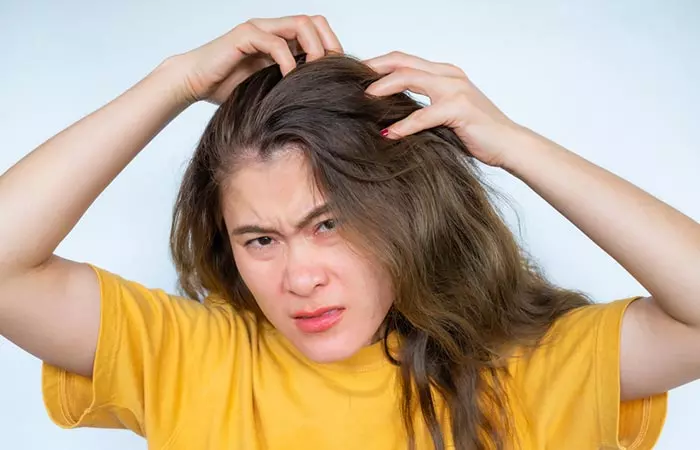
While there aren’t many side effects of the topical application of coconut oil, you need to make sure that you’re not allergic to it. If you are or have sensitive skin and scalp, applying coconut oil to your hair can have adverse effects. Apart from this, you also need to be careful of the following:
- Commercial coconut oils may be loaded with chemicals that may irritate the scalp.
- Coconut oil is quite thick and may leave hair looking greasy or weighed down if over-applied. This may especially be true for those with fine or oily hair types.
- It may also build up on the scalp and hair over time if not washed well, leading to clogged pores that cause acne and irritation.
- If your dandruff is caused by seborrheic dermatitis, oils like coconut oil may sometimes worsen it. This is because they create a warm, oily environment on the scalp that encourages the growth of the fungus Malassezia, which triggers seborrheic dermatitis (20).
Infographic: 2 Coconut Oil Remedies For Dandruff
Coconut oil is rich in vitamins and essential fats that help to maintain the pH of the scalp. Dandruff is known to occur when the scalp is excessively greasy, dry, or infected. Coconut oil moisturizes the scalp by removing excessive sebum. These easy home remedies are known to mitigate the dandruff situation the best because of their antibacterial qualities.
Some thing wrong with infographic shortcode. please verify shortcode syntaxDandruff is one of the most common issues faced by most people. Out of the several home remedies available to treat dandruff, coconut oil is considered an effective solution due to its antibacterial characteristics and presence of vitamins and essential fats. You may use coconut oil for dandruff as a deep conditioner, massage oil, or combine it with other oils like tea tree oil, lavender oil, and rosemary oil. Following the methods and tips shared above can help you mitigate this issue. In addition, maintaining proper scalp health and consuming a healthy diet will also help treat and nourish your hair.
Frequently Asked Questions
Does coconut oil cause hairloss?
While coconut oil is mostly known for its beneficial effects for teh hair, you need be careful not to overdo it. Overuse can make your hair greasy and lead to blocking hair follicles with trapped diet and debris resulting in hair fall.
Does coconut oil make hair white?
No, coconut oil helps retain the natural hair pigment and prevent greying.
Can I use coconut oil instead of shampoo?
While you can use coconut oil hair masks as a pre-shampoo treatment, on its own coconut oil is ineffective in cleansing your hair and scalp.
Illustration: How To Use Coconut Oil For Dandruff
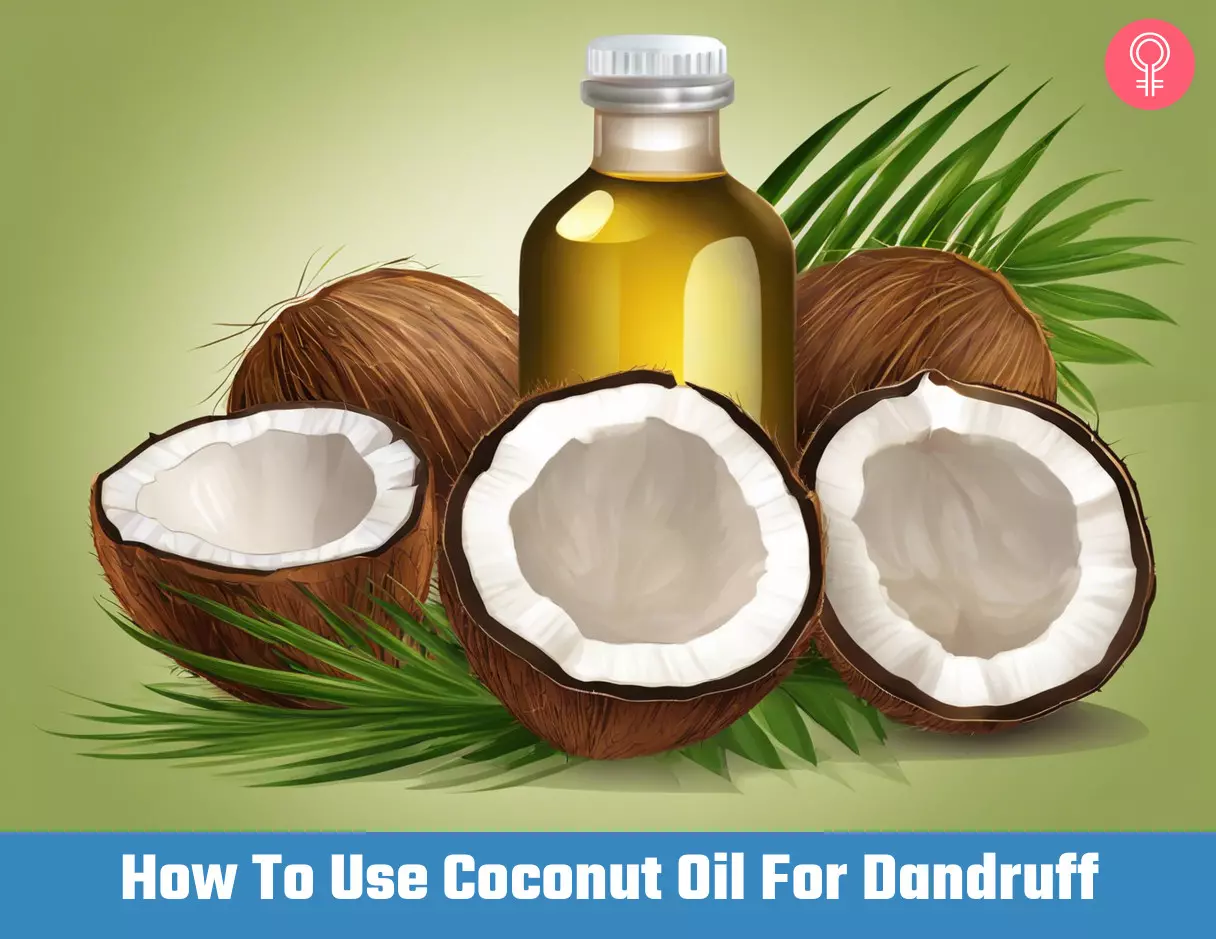
Image: Stable Diffusion/StyleCraze Design Team
References
Articles on StyleCraze are backed by verified information from peer-reviewed and academic research papers, reputed organizations, research institutions, and medical associations to ensure accuracy and relevance. Read our editorial policy to learn more.
- Is Dandruff a Disease?
https://www.ncbi.nlm.nih.gov/pmc/articles/PMC3002421/ - Effects Of Mineral Oil, Sunflower Oil And Coconut Oil On Hair Damage, Journal Of Cosmetic Science, US National Library Of Medicine, National Institutes Of Health.
https://pubmed.ncbi.nlm.nih.gov/12715094/ - Antimicrobial Effects Of Virgin Coconut Oil And Its Medium-chain Fatty Acids On Clostridium Difficile, Journal Of Medicinal Food, US National Library Of Medicine, National Institutes Of Health.
https://pubmed.ncbi.nlm.nih.gov/24328700/ - In Vitro Antimicrobial Properties Of Coconut Oil On Candida Species In Ibadan, Nigeria, Journal Of Medicinal Food, Us National Library Of Medicine, National Institutes Of Health.
https://pubmed.ncbi.nlm.nih.gov/17651080/ - Effect Of Addition Of Antifungal Agents On Physical And Biological Properties Of A Tissue Conditioner: An In-vitro Study, Advanced Pharmaceutical Bulletin, US National Library Of Medicine, National Institutes Of Health.
https://www.ncbi.nlm.nih.gov/pmc/articles/PMC5651072/ - Ethnopharmacological Survey Of Home Remedies Used For Treatment Of Hair And Scalp And Their Methods Of Preparation In The West Bank-Palestine, BMC Complementary And Alternative Medicine, US National Library Of Medicine, National Institutes Of Health.
https://www.ncbi.nlm.nih.gov/pmc/articles/PMC5499037/ - Standardized Scalp Massage Results in Increased Hair Thickness by Inducing Stretching Forces to Dermal Papilla Cells in the Subcutaneous Tissue, Open Access Journal of Plastic Surgery, US National Library Of Medicine, National Institutes Of Health.
https://www.ncbi.nlm.nih.gov/pmc/articles/PMC4740347/ - Shampoos And Conditioners: What A Dermatologist Should Know, Indian Journal of Dermatology, US National Library Of Medicine, National Institutes of Health.
https://www.ncbi.nlm.nih.gov/pmc/articles/PMC4458934/ - Evaluation Of Ph Of Bathing Soaps And Shampoos For Skin And Hair Care, Indian Journal Of Dermatology, USNational Library Of Medicine, National Institutes Of Health.
https://www.ncbi.nlm.nih.gov/pmc/articles/PMC4171909/ - The Role of Vitamin C in Skin Health, MDPI Nutrients, US National Library Of Medicine, National Institutes of Health.
https://www.ncbi.nlm.nih.gov/pmc/articles/PMC5579659/ - Anti-Inflammatory and Skin Barrier Repair Effects of Topical Application of Some Plant Oils, International Journal Of Molecular Sciences, US National Library Of Medicine, National Institutes of Health.
https://www.ncbi.nlm.nih.gov/pmc/articles/PMC5796020/ - Jojoba Oil: Anew Media For Frying Process, Current Trends in Biomedical Engineering & Biosciences.
https://juniperpublishers.com/ctbeb/pdf/CTBEB.MS.ID.555952.pdf? - Jojoba in dermatology: a succinct review. Giornale italiano di dermatologia e venereologia, US National Library Of Medicine, National Institutes of Health.
https://pubmed.ncbi.nlm.nih.gov/24442052/ - A Review On Plant Importance, Biotechnological Aspects, And Cultivation Challenges Of Jojoba Plant, Biological Research, US National Library Of Medicine, National Institutes of Health.
https://www.ncbi.nlm.nih.gov/pmc/articles/PMC5571488/ - To study the antidandruff activity of rosemary oil, basil oil, coleus oil over selenium sulfide, Journal of Pharmaceutical and BioSciences.
https://jpbs-online.com/issueforpublication.aspx?Article=JPBS_6_2018 - Antioxidant and Antimicrobial Properties of Rosemary (Rosmarinus officinalis, L.): A Review, Medicines, US National Library Of Medicine, National Institutes of Health.
https://www.ncbi.nlm.nih.gov/pmc/articles/PMC6165352/ - Characterization and evaluation of antibacterial and antiproliferative activities of crude protein extracts isolated from the seed of Ricinus communis in Bangladesh
https://www.ncbi.nlm.nih.gov/pmc/articles/PMC4942971/ - Synthesis and evaluation of antioxidant and antifungal activities of novel ricinoleate-based lipoconjugates of phenolic acids
https://pubmed.ncbi.nlm.nih.gov/23442675/ - Role of antifungal agents in the treatment of seborrheic dermatitis
https://pubmed.ncbi.nlm.nih.gov/15663338/ - Hair oils may worsen seborrheic dermatitis in black patients
https://pmc.ncbi.nlm.nih.gov/articles/PMC10015641/
Read full bio of Precious Rutlin
Read full bio of Anjali Sayee
Read full bio of Ramona Sinha
Read full bio of Swathi E






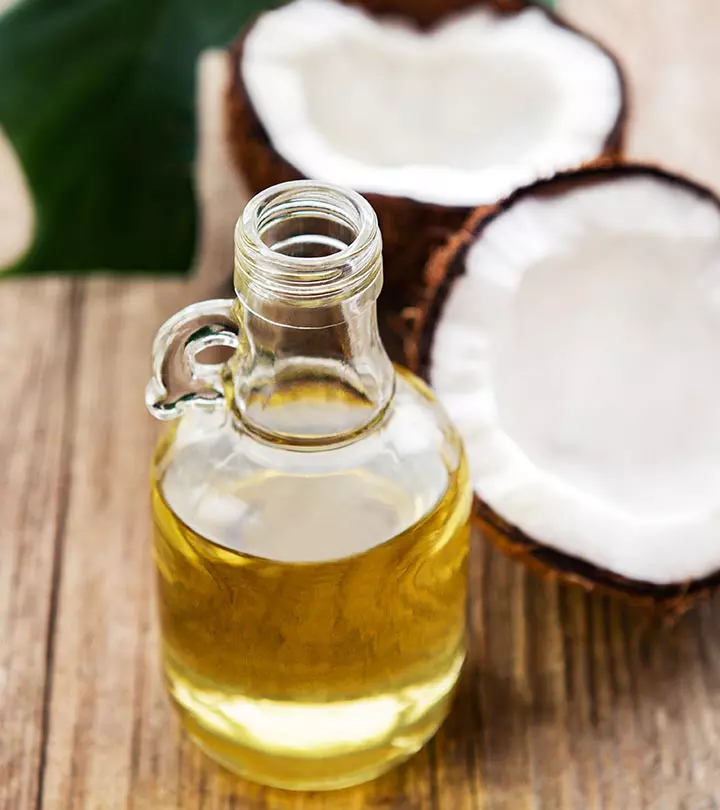
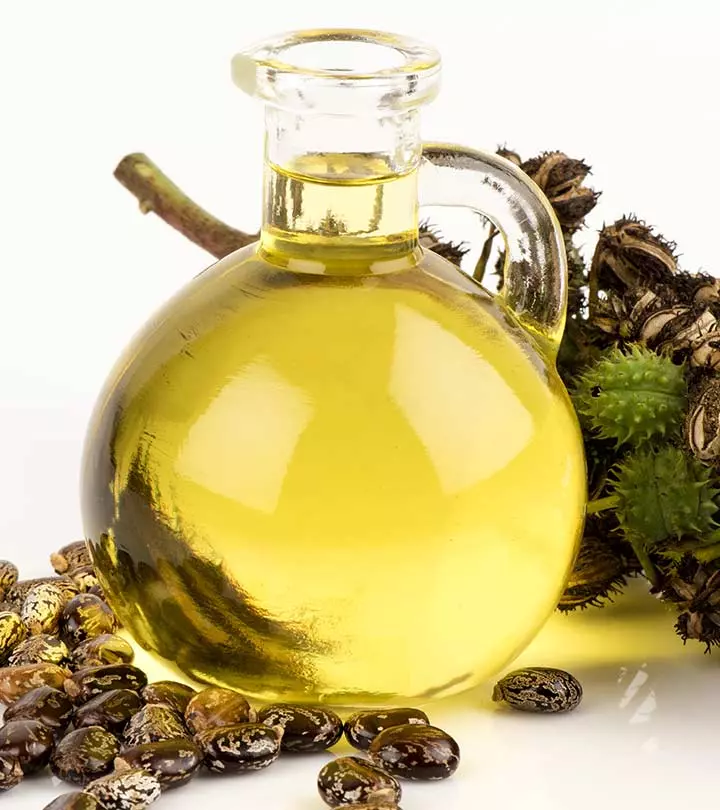
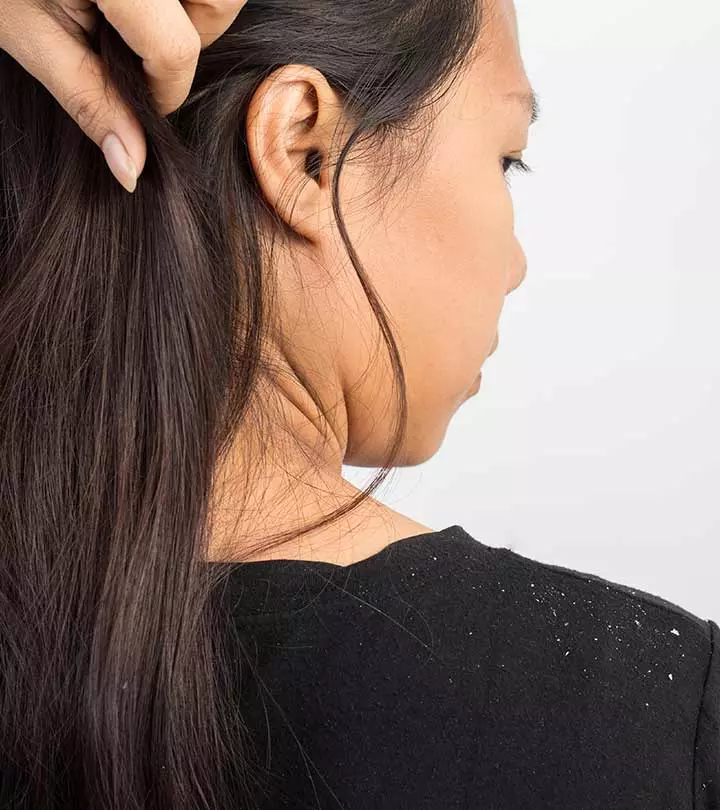
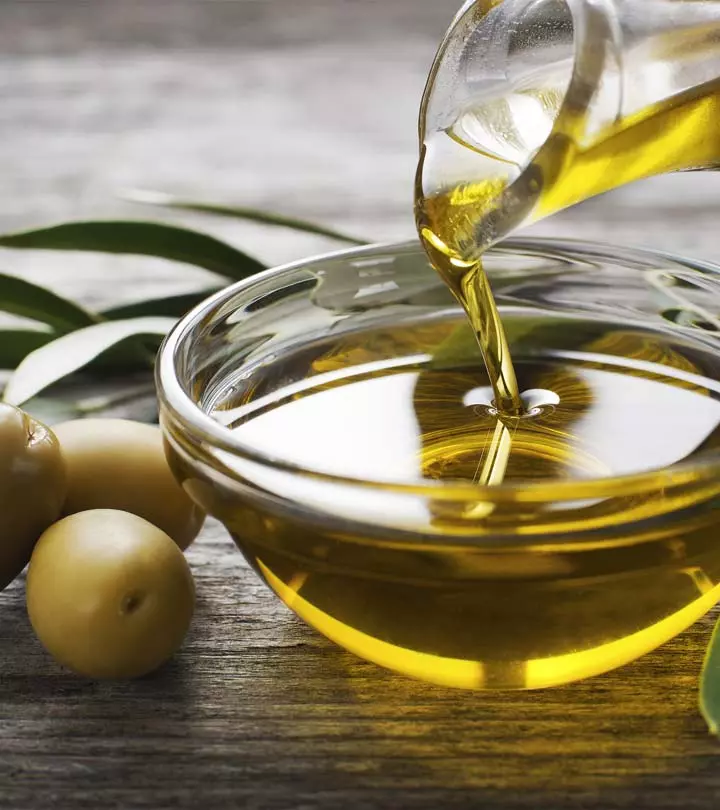
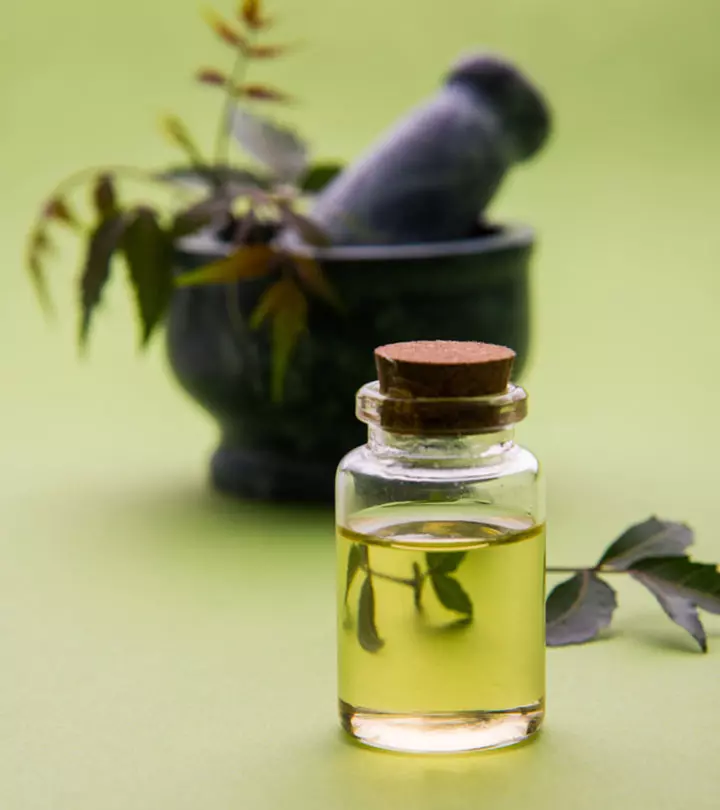



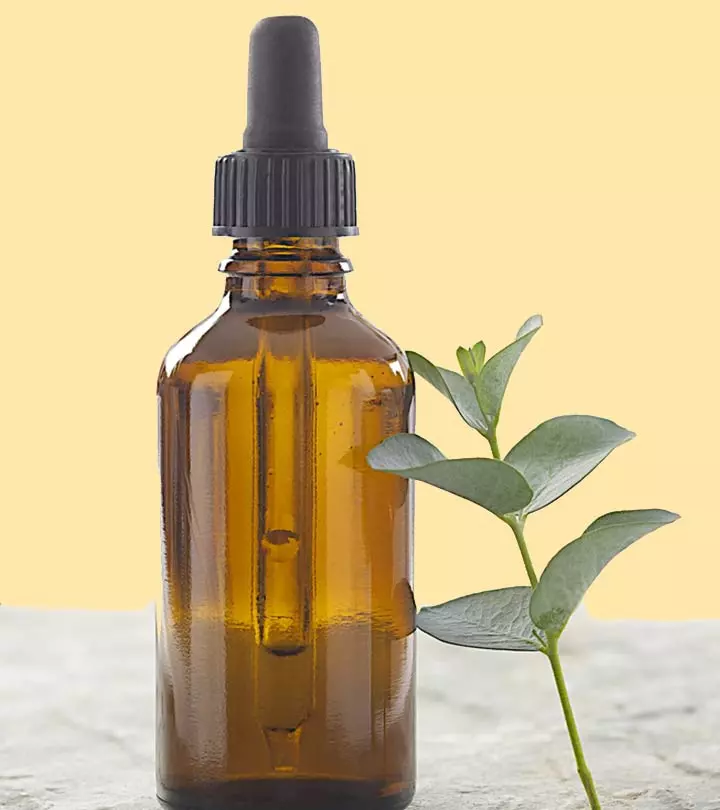
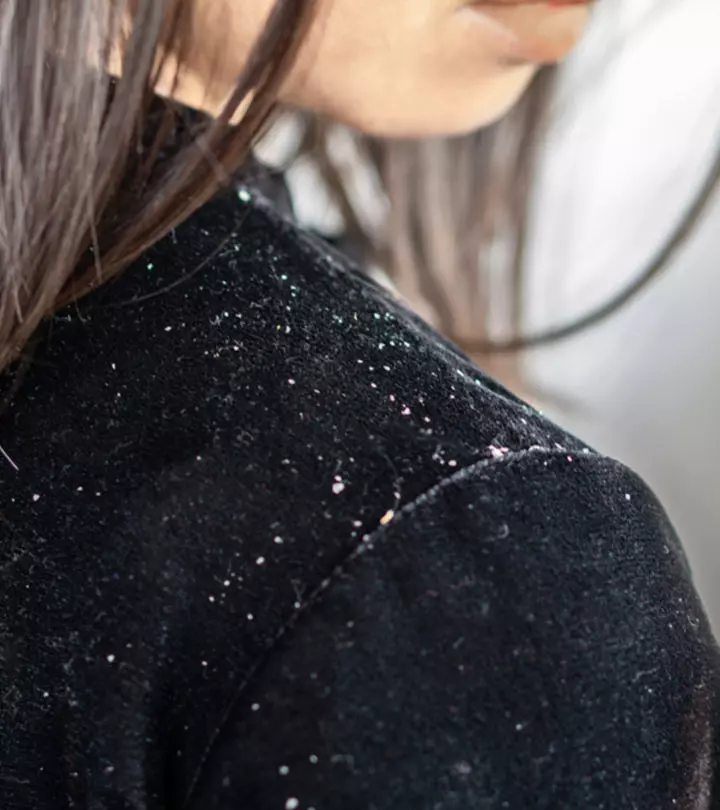
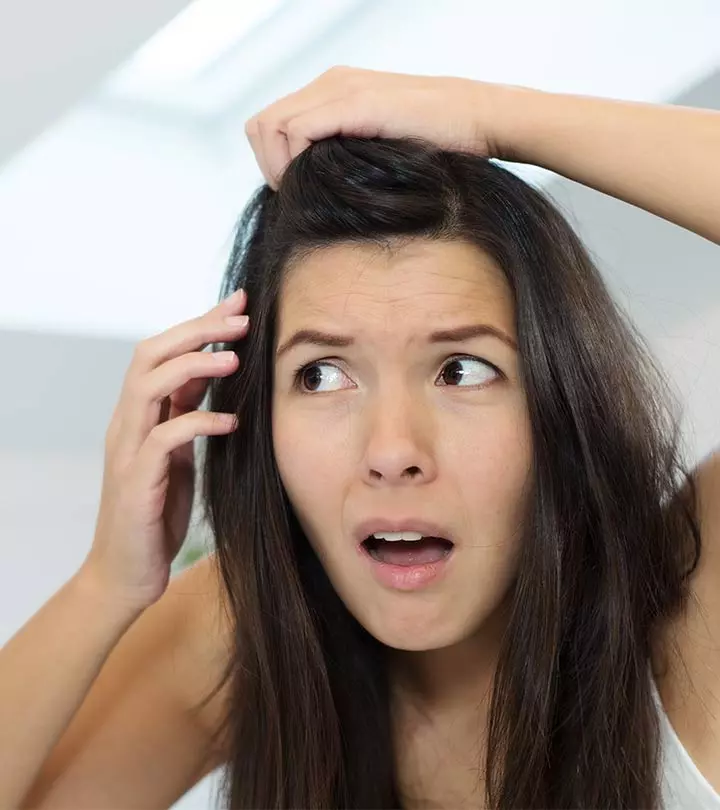

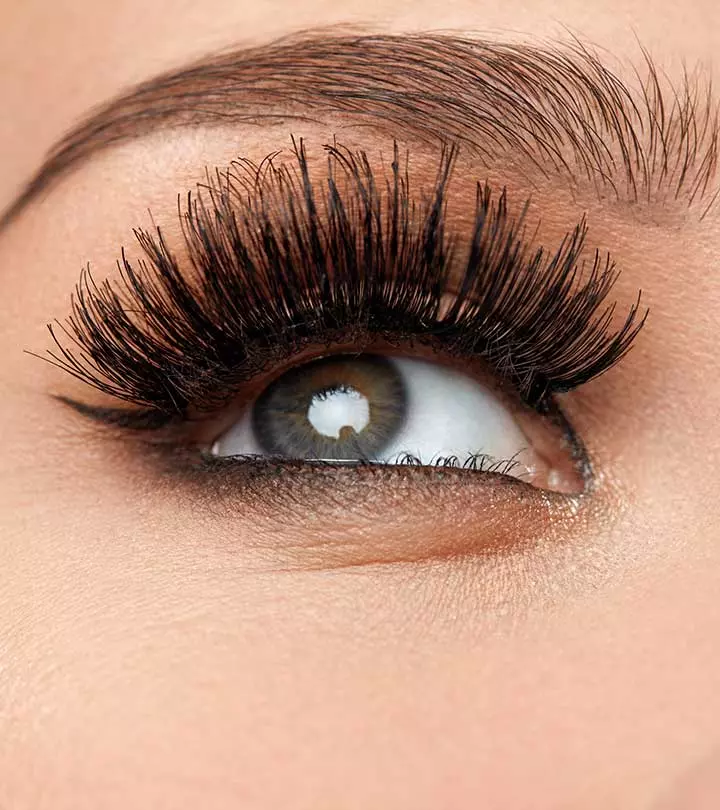
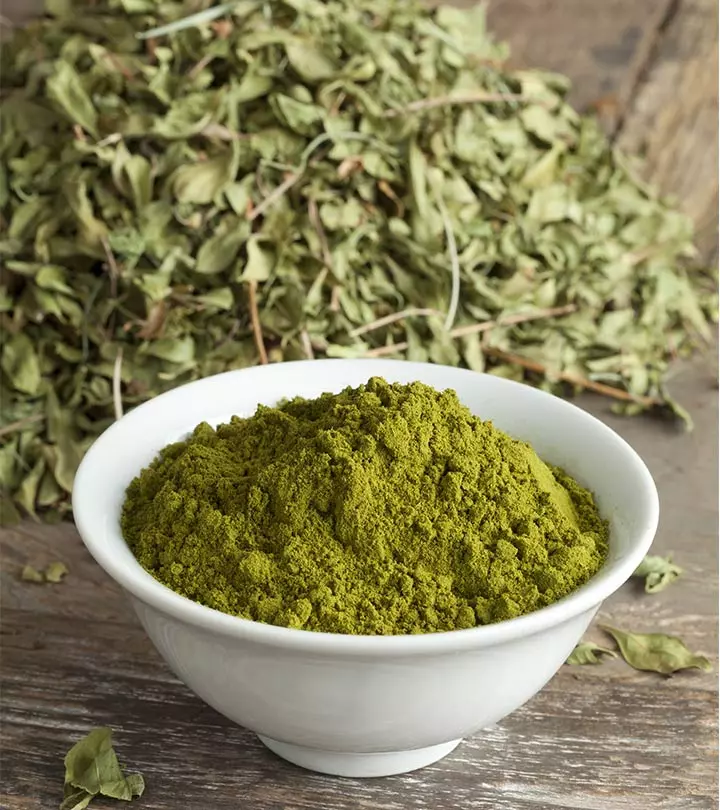
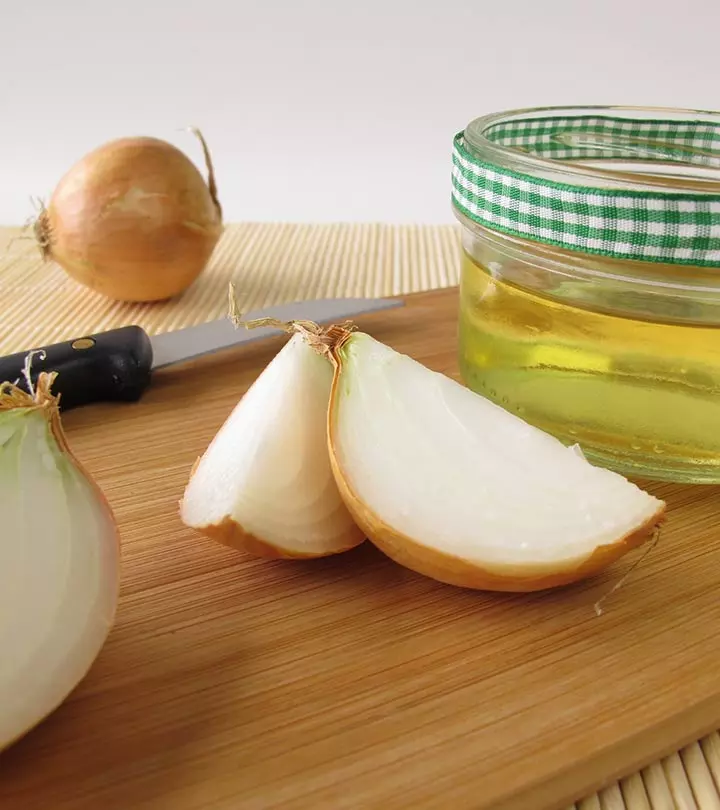
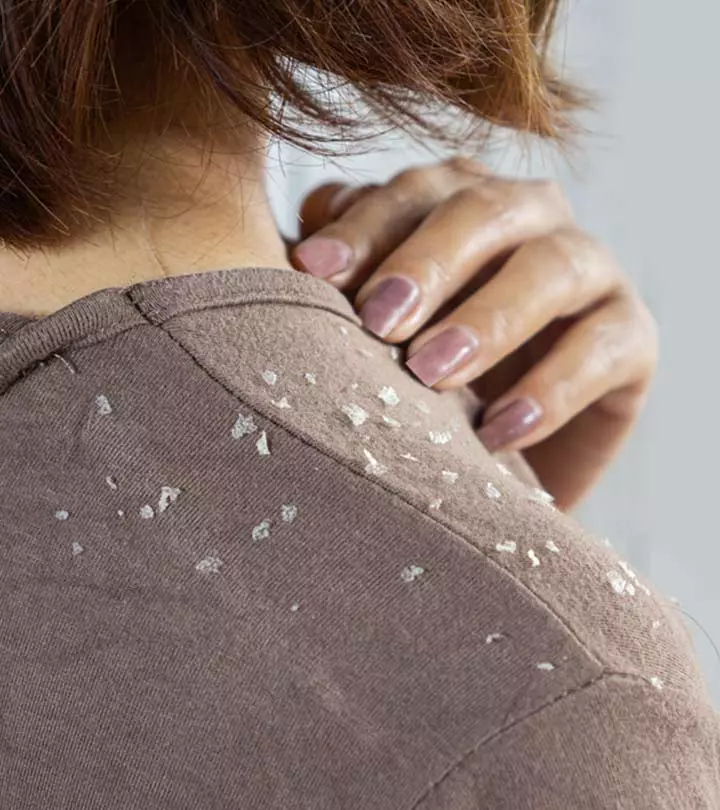

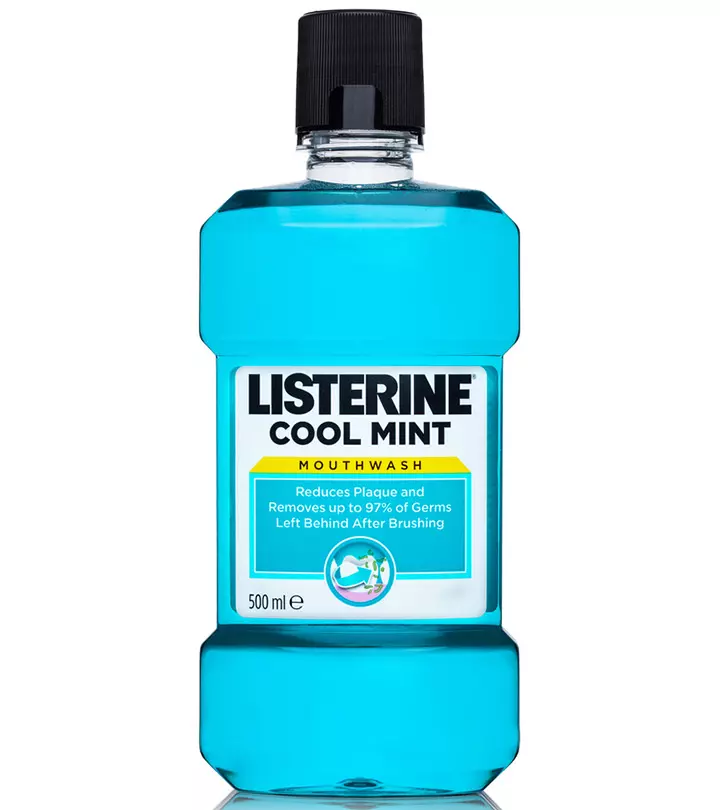
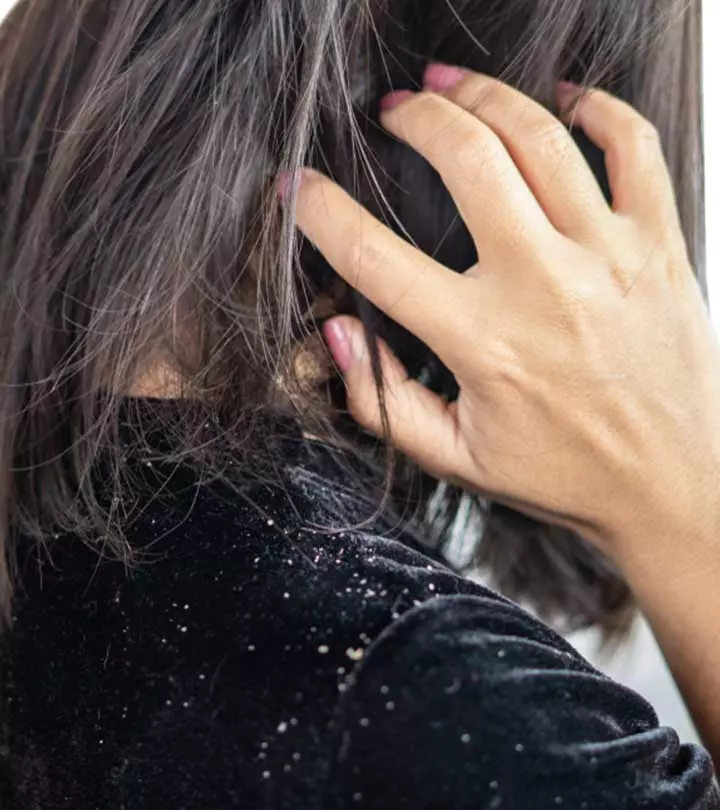
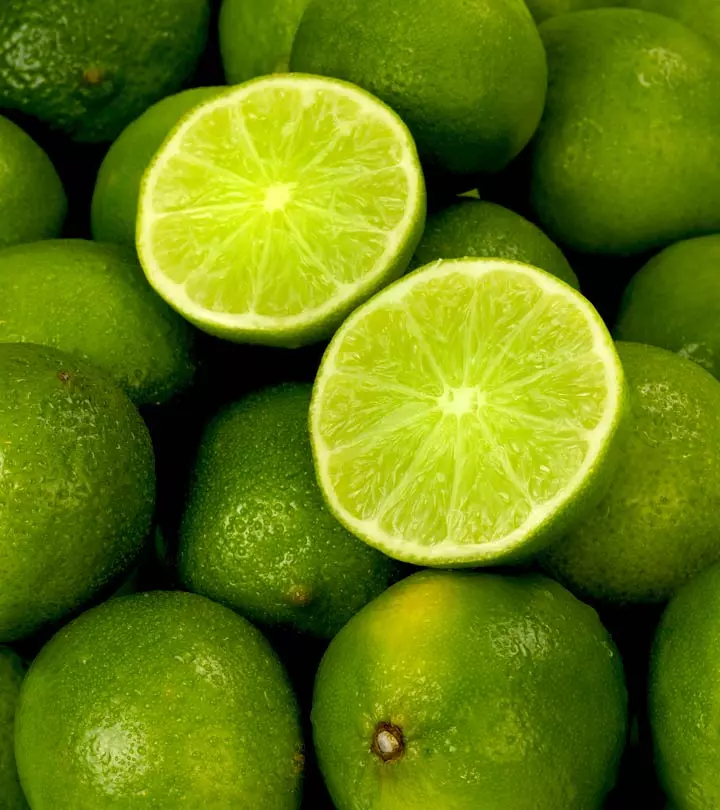
Community Experiences
Join the conversation and become a part of our empowering community! Share your stories, experiences, and insights to connect with other beauty, lifestyle, and health enthusiasts.